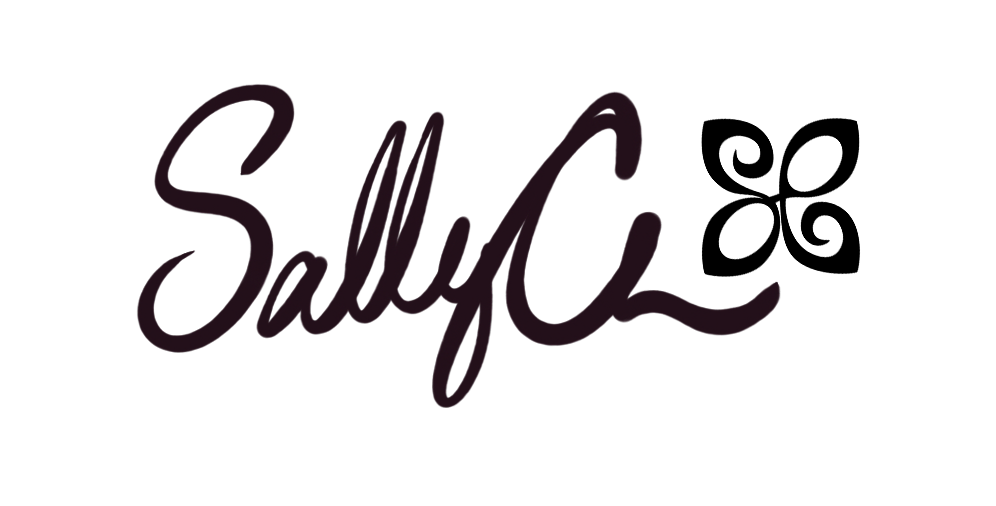How are art and skill-building good for your brain?
It is more than one year since the last time I wrote about art. This year, I have been continually exploring art, working on a long term web project, and learning about UX design principles. It has been a fulfilling self-development year— I had took an art class and had explored a wide variety of art styles; had started digital painting on iPad and had completed my first Inktober challenge.
Some of my artwork from 2017
I first learned about the Inktober accidentally at the beginning of this October. During that time, I became aware of my need for better skills in drawing lines and forms.
Lines used to be my strongest game when I was younger but I haven’t done line drawings for more than 10 years.
So when I was first back to it, the flow went like this: The first few ones were definitely rusty and I had made plenty of mistakes; I was very unsure about where the lines should land on and I was very worried about ruining the drawings.
I spent lots of times trying to make everything perfect so I kept drawing on what I felt I was already good at.
It clicked to me at one point, I thought to myself, “It is OK even if I ruined it because it is a quick drawing. I can always start a new one. That is why I need to get out of my comfort zone and draw things that I am not comfortable with. It is not supposed to be perfect anyway— that is why I am doing this at the first place. So how about just go for it?”
The challenge was proven to be exhausting but also very rewarding. Day by day, I watched myself from being intimidated by it, to enjoying it, to feeling drained and lazy about it, to being able to eventually flow with it. Through facing and overcoming challenges along the way, I had learned to trust my inner voice, my intuition, and went for it.
Some of my favorite Inktober drawings:
You can also see my progress of Inktober No.1 to No. 31 here.
The end result was fruitful. After I finished the Inktober challenge, I have grasped a new level of clarity of my strength and weakness overall.
I always feel that art has helped me to be better at work. Turn out that by doing art, it may improve your cognitive functions and motor skills; your neural matter and grey matter in the parts of the brains that deal with visual perception may have increased according to scientific researches [1, 2].
“The improvements in the visual art production group may be partially attributable to a combination of motor and cognitive processing. Other recent MRI studies have demonstrated enhancements in the functional connectivity between the frontal, posterior, and temporal cortices after the combination of physical exercises and cognitive training. The participants in our study were required to perform the cognitive tasks of following, understanding, and imitating the visual artist’s introduction. Simultaneously, the participants had to find an individual mode of artistic expression and maintain attention while performing their activity. Although we cannot provide mechanistic explanations, the production of visual art involves more than the mere cognitive and motor processing described. The creation of visual art is a personal integrative experience –- an experience of ‘flow,’ – in which the participant is fully emerged in the creative activity.”[2]
These benefits are not exclusive to making art. It is not a secret that building a skill has been long related to happiness and life satisfactions since ancient times.
Finding where your passion is, making tasks, crashing your goals (even the small ones) can indeed boost your self-confidence and make you a happier person, suggested by neuroscientists [3, 4].
“When we experience even small amounts of success, our brains release dopamine, which is connected to feelings of pleasure, learning and motivation. When we feel the effects of dopamine, we’re eager to repeat the actions that resulted in success in the first place. Neuroscientists refer to this as “self-directed learning.” This is why achieving small goals is such an effective way to stay motivated during long-term projects and processes”[4]
Did I mention that practicing in a skill can improve your procedure memory, as known as the unconscious memory or automatic memory [5]?
Give it a try and wittness the magic happens when you pushed your boundaries.
Written by Sally Chan
References:
[1] “Artists’ Brains Have More ‘Grey Matter’ Than The Rest Of Ours, Study Finds” , https://www.huffingtonpost.com/2014/04/22/artist-brains_n_5187216.html
[2] “How Art Changes Your Brain: Differential Effects of Visual Art Production and Cognitive Art Evaluation on Functional Brain Connectivity,” http://www.plosone.org/article/info%3Adoi%2F10.1371%2Fjournal.pone.0101035
[3] “The Role of Dopamine in Motivation and Learning”, http://neurosciencenews.com/dopamine-learning-reward-3157
[4] “The Psychology of Checklists: Why Setting Small Goals Motivates Us to Accomplish Bigger Things”, https://blog.trello.com/the-psychology-of-checklists-why-setting-small-goals-motivates-us-to-accomplish-bigger-things
[5] “Procedural Memory: Definition and Examples”, https://www.livescience.com/43595-procedural-memory.html















